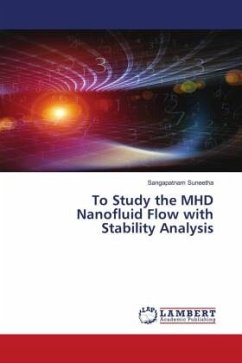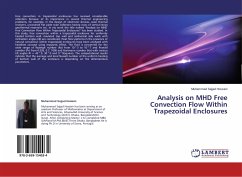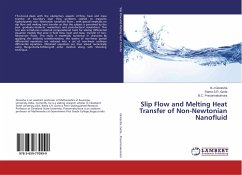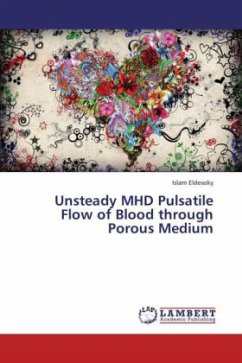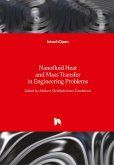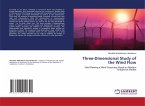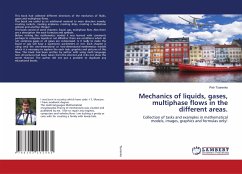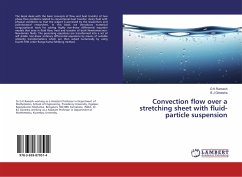The objective of the current reports applying the stability analysis theory to the nanofluid flow over a stretching and shrinking Riga plate with stagnation/ moving surface with homogeneous and heterogeneous chemical reactions bounded by a porous medium/ non-porous medium, so as to show the effect of porosity, radiation, heat source/sink, viscous dissipation on the nanofluid flow. The stability of the solutions is analyzed to see the limitation of the bifurcation point and the growth of disturbance in the solutions. Elucidations are documented by Runge-Kutta fourth order method. Obtained end results are deliberated with portraits and tables. The present model is useful for solar energy experimental researchers to find a stable solution when extending/contracting or suction/injecting at a high rate. The findings in this work suggest that the metal-insulator-metal composite hybrid nanoparticles can be promising candidates for solar thermal harvest. The present model is useful for solar energy experimental researchers to find a stable solution when extending/contracting or suction/injecting at a high rate.
Bitte wählen Sie Ihr Anliegen aus.
Rechnungen
Retourenschein anfordern
Bestellstatus
Storno

